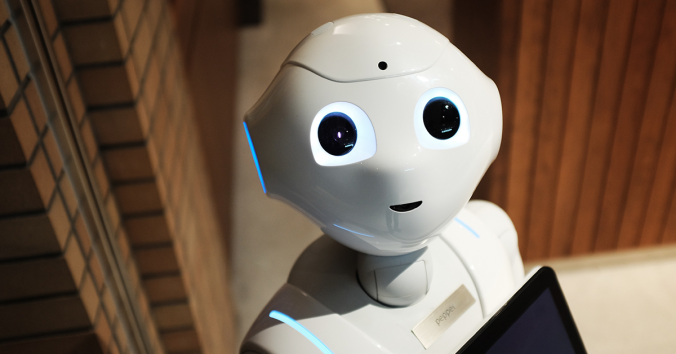There is a fear that we will soon create artificial intelligence (AI) that is so superintelligent that we lose control over it. It makes us humans its slaves. If we try to disconnect the network cable, the superintelligence jumps to another network, or it orders a robot to kill us. Alternatively, it threatens to blow up an entire city, if we take a single step towards the network socket.
However, I am struck by how this self-assertive artificial intelligence resembles an aspect of our own human intelligence. A certain type of human intelligence has already taken over. For example, it controls our thoughts when we feel threatened by superintelligent AI and consider intelligent countermeasures to control it. A typical feature of this self-assertive intelligence is precisely that it never sees itself as the problem. All threats are external and must be neutralised. We must survive, no matter what it might cost others. Me first! Our party first! We look at the world with mistrust: it seems full of threats against us.
In this self-centered spirit, AI is singled out as a new alien threat: uncontrollable machines that put themselves first. Therefore, we need to monitor the machines and build smart defense systems that control them. They should be our slaves! Humanity first! Can you see how we behave just as blindly as we fantasise that superintelligent AI would do? An arms race in small-mindedness.
Can you see the pattern in yourself? If you can, you have discovered the other aspect of human intelligence. You have discovered the self-examining intelligence that always nourishes philosophy when it humbly seeks the cause of our failures in ourselves. The paradox is: when we try to control the world, we become imprisoned in small-mindedness; when we examine ourselves, we become open to the world.
Linnaeus’ first attempt to define the human species was in fact not Homo sapiens, as if we could assert our wisdom. Linnaeus’ first attempt to define our species was a humble call for self-examination:
HOMO. Nosce te ipsum.
In English: Human being, know yourself!

Written by…
Pär Segerdahl, Associate Professor at the Centre for Research Ethics & Bioethics and editor of the Ethics Blog.
Thinking about thinking




Recent Comments